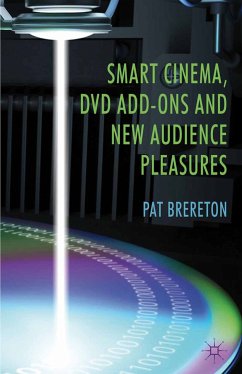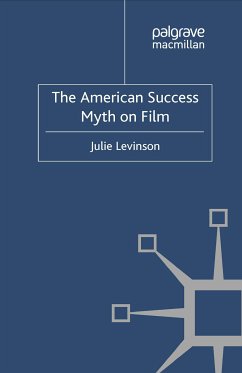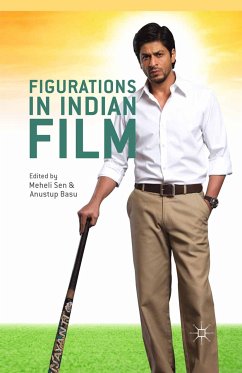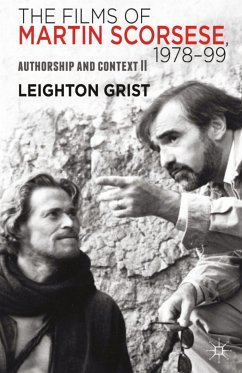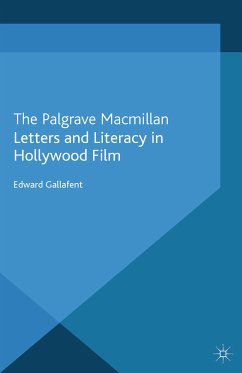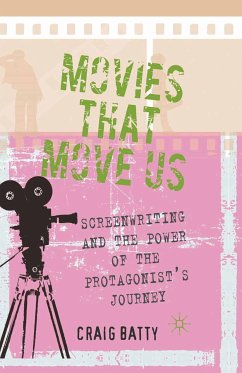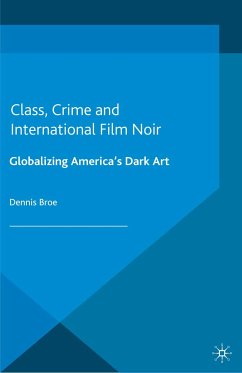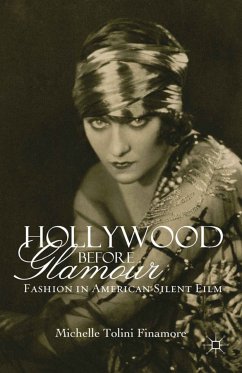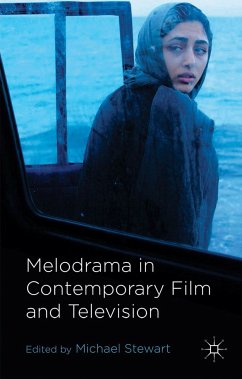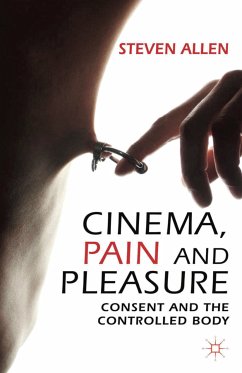
Cinema, Pain and Pleasure (eBook, PDF)
Consent and the Controlled Body
Versandkostenfrei!
Sofort per Download lieferbar
40,95 €
inkl. MwSt.
Weitere Ausgaben:

PAYBACK Punkte
20 °P sammeln!
From Tattoo to Saw, this book considers mainstream cinema's representation of the viscerally dominated and marked body. Examining a shift in the late twentieth century to narratives that highlight subjection, endurance and willed-acquiescence, it probes the confluence of pain, pleasure and consent to analyse the implications of the change.
Dieser Download kann aus rechtlichen Gründen nur mit Rechnungsadresse in A, B, BG, CY, CZ, D, DK, EW, E, FIN, F, GR, HR, H, IRL, I, LT, L, LR, M, NL, PL, P, R, S, SLO, SK ausgeliefert werden.



